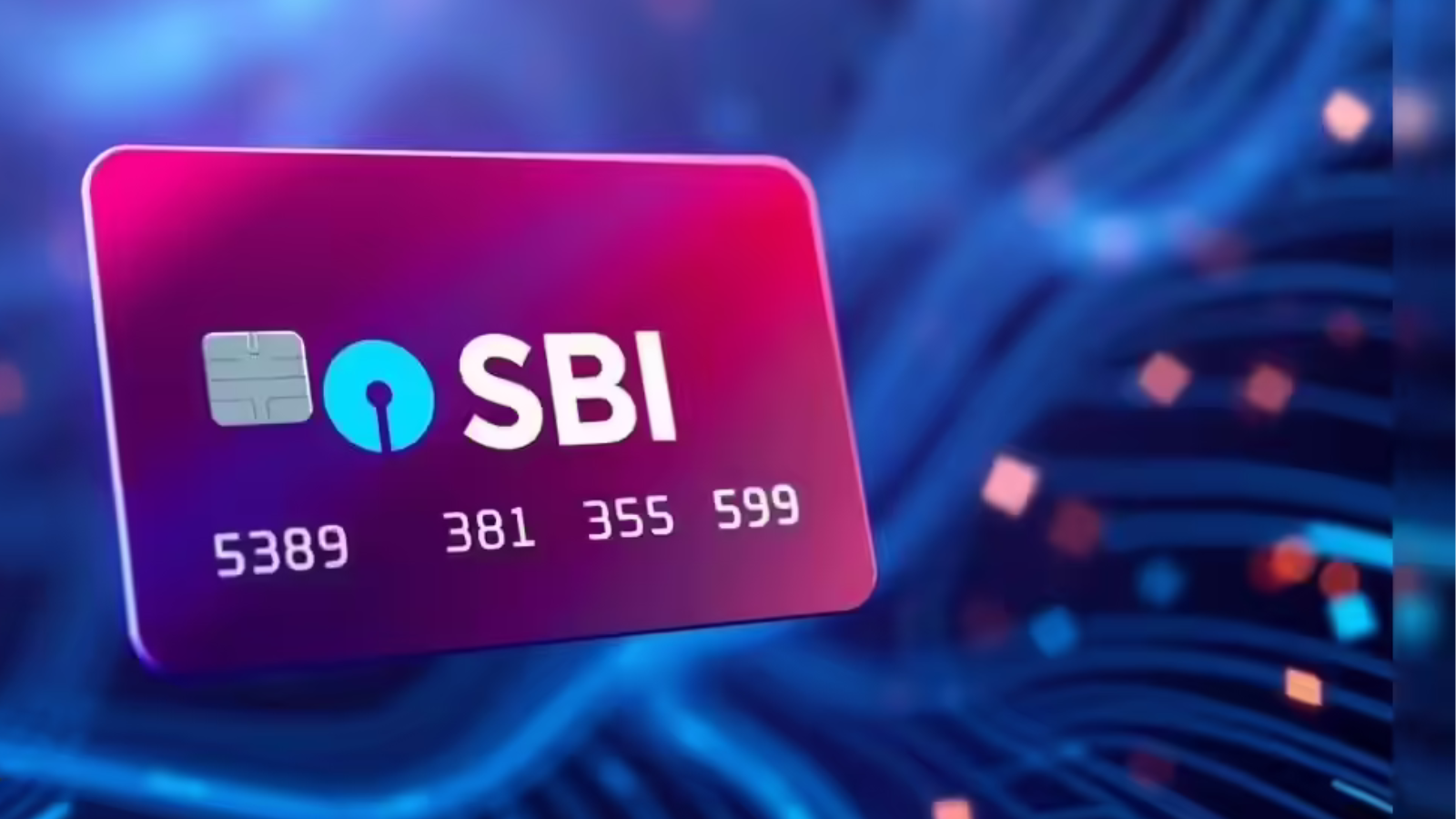SBI Card Revises Fees: New Service Charges to Take Effect from November 1 - Check Complete Details Here
If you’re an SBI credit card user , there’s an important update you can’t ignore. Starting November 1, 2025, SBI Card will revise several of its service charges and fees. These changes will impact transactions like education payments , wallet loads, and card replacements . Here’s a detailed look at what’s changing and how it may affect your spending.
1. 1% Fee on Education Payments via Third-Party Apps
SBI Card will now levy a 1% charge on education-related transactions made through third-party payment apps.
However, there’s good news - payments made directly on a school, college, or university website or through POS machines will remain free of charge.
2. Wallet Load Charges Above ₹1,000
If you frequently load money into digital wallets using your SBI credit card, note this change. A 1% wallet load fee will now apply when you top up over ₹1,000, applicable to select merchant codes.
This move is part of SBI Card’s effort to align its fee structure with changing digital transaction patterns.
3. Existing Service Charges That Continue
While a few fees are new, several existing ones will stay the same. SBI Card users should remain aware of the ongoing charges listed below:
Emergency Card Replacement Abroad: $175 for Visa cards and $148 for Mastercard
These charges are designed to cover administrative costs and maintain service quality for cardholders.
4. Revised Late Payment Charges
SBI Card has also restructured its late payment fee to promote timely repayments. If you fail to pay the Minimum Amount Due (MAD) on time, the following charges will apply:
Outstanding Amount Late Payment Fee
Additionally, if you miss paying the MAD for two consecutive billing cycles, an extra ₹100 penalty will be added.
5. Why These Changes Matter
According to SBI Card, the revised fee structure aims to bring greater transparency to users by clearly defining which transactions will attract charges. For customers, it’s a reminder to:
6. What SBI Cardholders Should Do
Stay Informed, Spend Smart
From November 1, 2025, SBI Card’s new fee revisions will come into effect, impacting select transactions like education payments and wallet loads. Existing service charges will remain unchanged. Staying informed about these updates will help you manage your SBI credit card usage smartly and avoid unexpected deductions.

1. 1% Fee on Education Payments via Third-Party Apps
SBI Card will now levy a 1% charge on education-related transactions made through third-party payment apps.
However, there’s good news - payments made directly on a school, college, or university website or through POS machines will remain free of charge.
2. Wallet Load Charges Above ₹1,000
If you frequently load money into digital wallets using your SBI credit card, note this change. A 1% wallet load fee will now apply when you top up over ₹1,000, applicable to select merchant codes.
This move is part of SBI Card’s effort to align its fee structure with changing digital transaction patterns.
3. Existing Service Charges That Continue
While a few fees are new, several existing ones will stay the same. SBI Card users should remain aware of the ongoing charges listed below:
- Cash Payment Fee : ₹250
- Payment Dishonour Fee: 2% of payment amount (minimum ₹500)
- Cheque Payment Fee: ₹200
- Cash Advance Fee: 2.5% of the transaction (minimum ₹500)
- Card Replacement Fee: ₹100–₹250 (₹1,500 for Aurum cards)
Emergency Card Replacement Abroad: $175 for Visa cards and $148 for Mastercard
These charges are designed to cover administrative costs and maintain service quality for cardholders.
4. Revised Late Payment Charges
SBI Card has also restructured its late payment fee to promote timely repayments. If you fail to pay the Minimum Amount Due (MAD) on time, the following charges will apply:
Outstanding Amount Late Payment Fee
| ₹0 – ₹500 | No charge |
| ₹500 – ₹1,000 | ₹400 |
| ₹1,000 – ₹10,000 | ₹750 |
| ₹10,000 – ₹25,000 | ₹950 |
| ₹25,000 – ₹50,000 | ₹1,100 |
| Above ₹50,000 | ₹1,300 |
Additionally, if you miss paying the MAD for two consecutive billing cycles, an extra ₹100 penalty will be added.
5. Why These Changes Matter
According to SBI Card, the revised fee structure aims to bring greater transparency to users by clearly defining which transactions will attract charges. For customers, it’s a reminder to:
- Review their transaction habits,
- Make payments on time, and
- Avoid unnecessary charges through informed card use.
6. What SBI Cardholders Should Do
- Check your statement regularly to track fee applicability.
- Avoid making education payments via third-party apps if possible.
- Plan wallet loads wisely to stay under the ₹1,000 threshold.
- Pay dues before the due date to skip late fees and maintain a strong credit score.
Stay Informed, Spend Smart
From November 1, 2025, SBI Card’s new fee revisions will come into effect, impacting select transactions like education payments and wallet loads. Existing service charges will remain unchanged. Staying informed about these updates will help you manage your SBI credit card usage smartly and avoid unexpected deductions.
Next Story